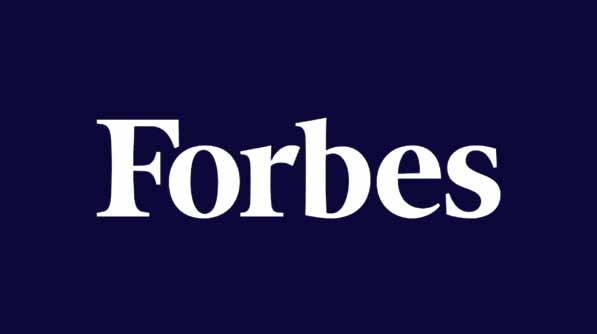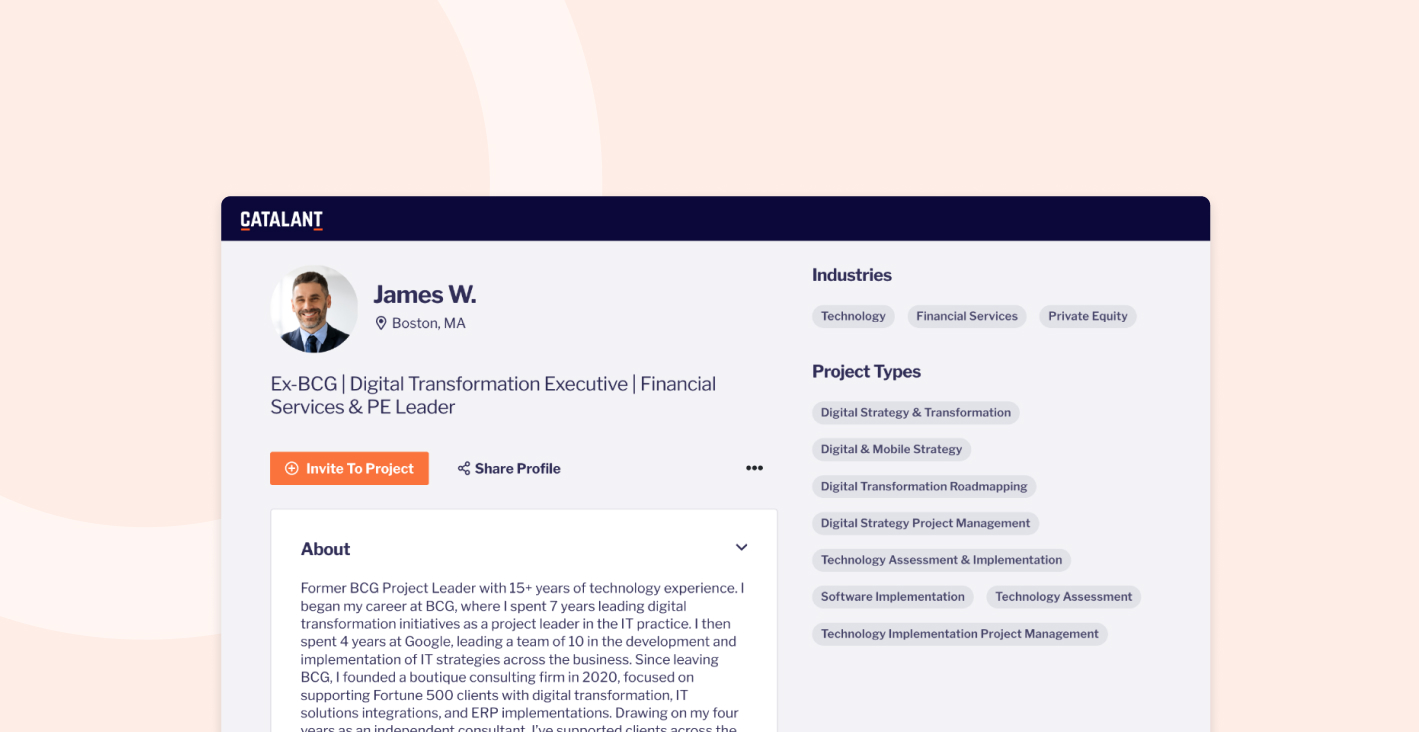When to Hire a Change Management Consultant
With more than two decades of experience in consulting, including 11 years at Deloitte, Russell Raath has deep expertise in helping organizations deliver results. Often, he says, the main obstacle facing teams is the absence of perspective. As organizations mature, business as usual becomes — the usual. A good project management consultant will recognize that blind spot and ask a simple question: “Can we find a better way?”
Of course identifying a course of action is only one step in the right direction. Actually implementing a successful project often requires change, which is its own challenge — especially for leadership.
“As a leader, the culture you have now might be the one you helped build, but it might not be the one your organization actually needs moving forward,” says Raath. “That can make it very hard for leaders to change things, which is where consultants really add value.”
Demand for change management consultants has exploded as business leaders cope with a global pandemic and fast-changing regulatory and security standards. Raath recently shared his advice for hiring an independent change management consultant.
Staffing a Project Management Team
Raath says that a client’s first concern should be whether they have sufficient internal resources to deliver the project. You may have 60-70% of what you need in house, but will need a surefire way to assess the team’s actual skills.
When you’ve identified a gap in expertise you can’t fill internally, you should bring in a project or change management consultant. Finding the right consultant is about finding a balance between hard and soft skills.
“When you’re choosing someone, it’s going to come down to chemistry, integrity, and the nature of the client-consultant relationship,” says Raath.
Technical skills matter, of course, but Raath sees them as table stakes, not the winning hand. “I don’t think you should hire somebody just for technical skills, you should also prioritize the ability to collaborate with your team and mesh with your culture.”
You also need to hire for the ability to speak truth to leadership, says Raath. “If the client doesn’t like you speaking the truth, then it’s not going to be a great engagement for either party anyway. And if a consultant can’t be honest about what they’re seeing, they probably can’t deliver much value.” It’s time for both to move on.
Change Management in a Pandemic
During trying times like the COVID-19 pandemic, building trust is more important than ever. The right change management consultant will work to establish that trust beyond simply delivering a slide deck.
“As a change management consultant, we’re not just creating deliverables because deliverables don’t change behaviors.” Building trust and changing behavior is what change management is all about — and the pandemic and remote work has changed the way that trust gets built.
While eliminating commutes and working remotely has helped maintain and sometimes increase productivity, people remain “very anxious to return to work” in the office, says Raath. Trust is going to remain an important driver of everything, not just with employees but with customers also.
Trending Change Management Projects
Raath has seen a number of trends in the type of change management projects organizations are looking for. One common project is cultural integration. He describes an M&A integration that he worked on in which the top two organizations in one industry joined forces. While the opportunities for success were clear, the change management challenges were significant.
“The day before the deal these two companies were competing hard against each other,” says Raath. “How do you take these two different, competitive cultures and have everybody start working together on a new team?”
His success on that initiative, says Raath, “was among the most fulfilling things I’ve ever done, and was a phenomenal outcome from a business perspective.”
Another trend Raath sees is the return to the office and hybrid work, where people work some days at home and some days at the office, is a major focus of change management today, says Raath. There’s no cookie-cutter solution for all organizations: “I don’t think there’s a prescription for everyone or a formula applicable to all companies. So much of the way work gets done involves organizational culture,” says Raath. “Every business is different and every culture is different,” so each organization’s RTO plans will also be developed and implemented differently.
Connect with highly-skilled change management Experts.
Get in Touch











